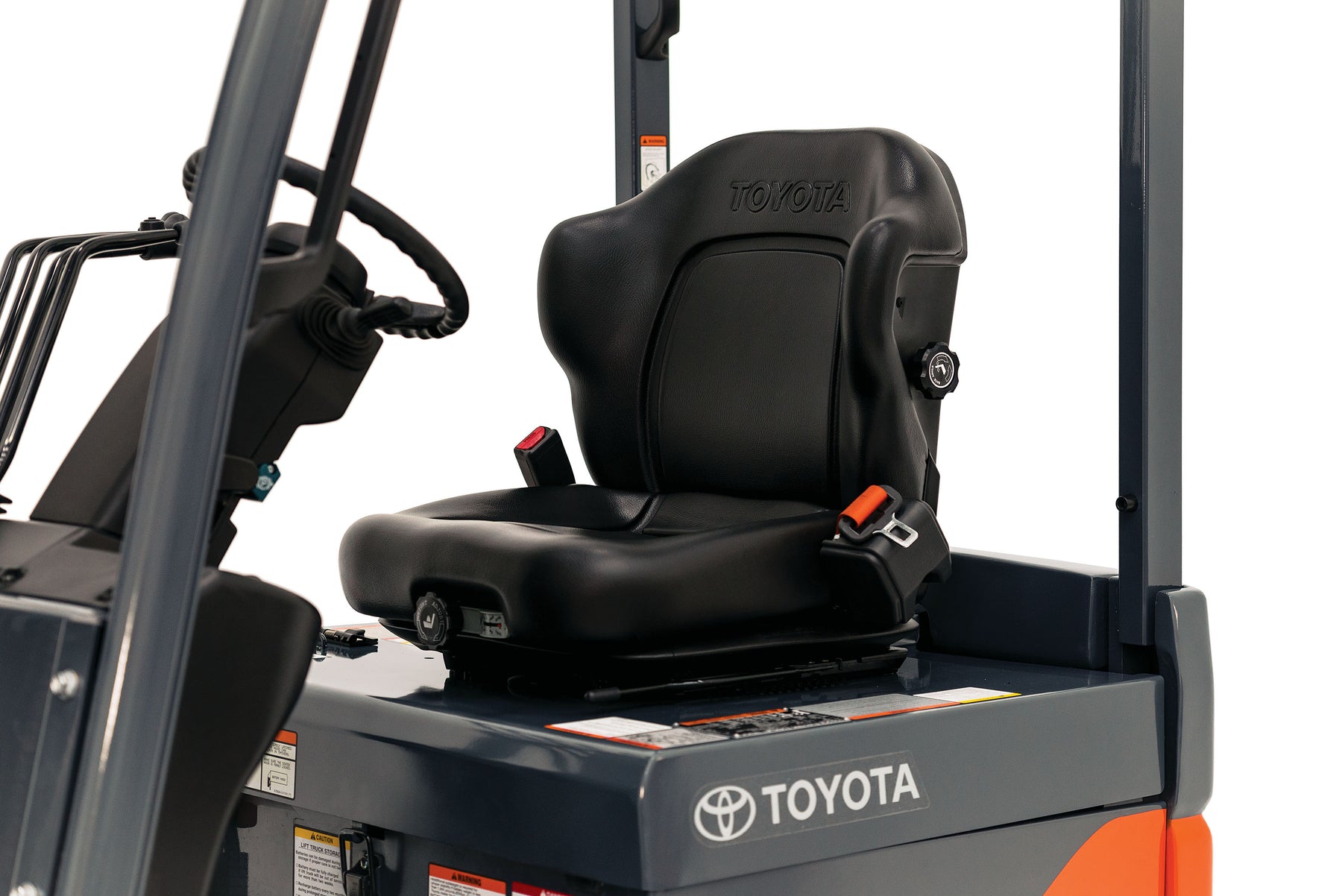
Why Should You Focus on Improving Ergonomics for Your Team?
As a business owner or operations manager, you may hear plenty of buzz about “ergonomics,” as if this single word holds the key to multiple improvements across every aspect of employee safety, cost control, efficiency and improved productivity. And it does! Paying a little more attention to ergonomics can provide a disproportionate boost to your bottom line, while also protecting your company from the cost and hassle of workplace injury disputes. Here’s how.
A focus on ergonomics protects both bodies and equipment.
When you invest in forklifts that offer easier access to manual controls, better seating, improved visibility, and better protection from environmental extremes, you relieve your employees of the stress and strain of a long shift. You prolong their health and energy, which can prolong the focused and error free time they provide for the company. But you also prolong the life of your equipment by improving the synergy between machine and operator. Better visibility means fewer dings while backing up. Accessible controls mean less wear and tear, smoother breaking, better cornering and reduced maintenance.
Ergonomics improve morale and reduce turnover.
If you’ve ever gone through the expense and hassle of replacing an employee, and then replacing your replacement three months later, you know turnover can hurt your company financially. But employees who experience fewer physical strains and risks on the job don’t leave exhausted at the end of a shift, and they’re happy to come back the next day.
Ergonomics improve productivity.
By the same token, energized employees who are free of musculoskeletal strain and repetitive stress are better able to focus and deliver top productivity for hours at a time. When employees trust the equipment they rely on, and trust their employers to invest in that equipment to keep them safe, then they feel free to focus fully on the tasks at hand.
Ergonomics reduce accident risk.
If balancing a lift truck and shifting its center of gravity for greater stability can be done with the touch of a button, imagine what that same easy touch could do to increase traction on questionable floor surfaces or improve control while moving on inclines. Ergonomic steering, programmable settings and sensor-assisted stability systems can all contribute to better predictive control and reduced accidents. This offers one more way to gain employee trust and improve loyalty, morale, and output.
Ergonomics extend beyond lifting equipment.
Your attention to ergonomics should not stop with your lift trucks. Consider lighting, aisles and other aspects of workplace design. How can you make improvements that translate to company success?

